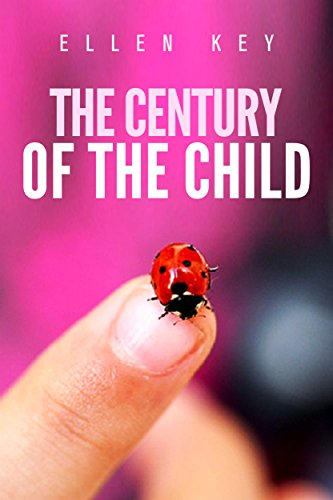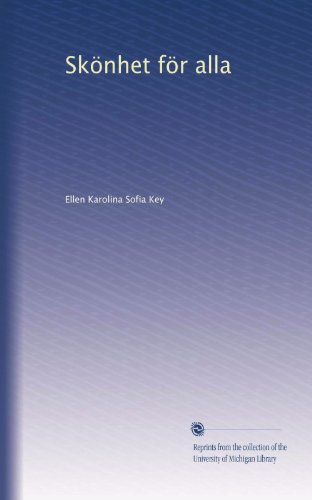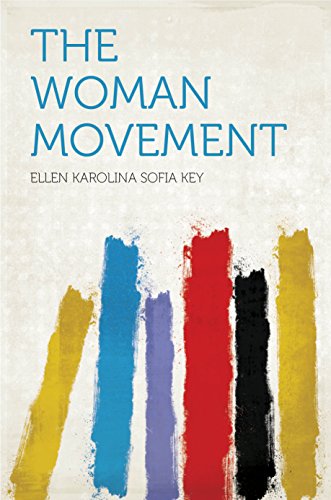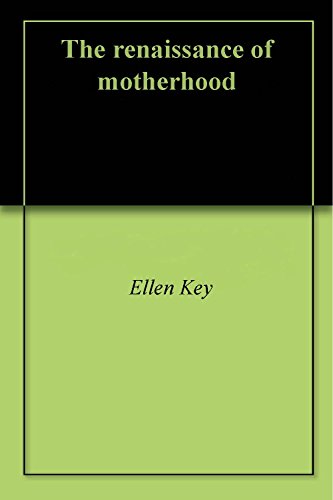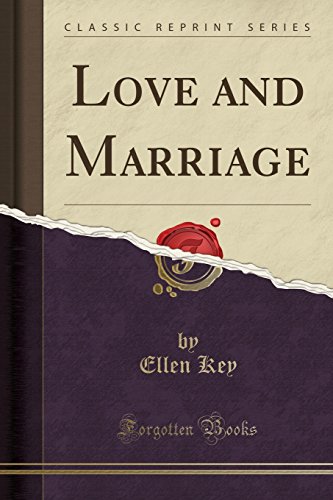Ellen Karolina Sofia Key was a Swedish difference feminist writer on many subjects in the fields of family life, ethics and education and was an important figure in the Modern Breakthrough movement. She was an early advocate of a child-centered approach to education and parenting, and was also a suffragist.
Background
Ellen Key was born on December 11, 1849, at Sundsholm mansion in Småland, Sweden. Her father was Emil Key, the founder of the Swedish Agrarian Party and a frequent contributor to the Swedish newspaper Aftonposten. Her mother was Sophie Posse Key, who was born into an aristocratic family from the southernmost part of Skåne County. Key was reared in extreme simplicity by her aristocratic mother and her politically eminent father. Her mother loved freedom and hated oppression, and directed her early thinking along these lines.
Education
Key was educated privately and also attended schools in Stockholm.
Career
In 1869 Key became secretary to her father, then a member of the Riksdag, and also contributed to Idun, a feminist publication. Family misfortune obliged her to take up teaching in Stockholm in the late 1870s, and for the next 20 years she also lectured at the workers’ institute there. Barnets århundrade (1900; The Century of the Child, 1909) made her world famous. This book and numerous other publications concerning the issues of marriage, motherhood, and family life were translated into many languages. In 1903 she started lecture tours abroad, particularly in Germany. She also propagated her ideas through an enormous correspondence, and many young authors were influenced by her. Her liberal and radical opinions in most fields of cultural life, and especially on love and marriage, led to controversy. Key was bitterly assailed for her writings on love, marriage, and the liberation of women. Her chief concern was the status of married women. Her writings on love and marriage mocked conventional morality. She died April 25, 1926, at Strand, Omberg, Östergötland, Sweden.
Politics
Key grew up in an atmosphere of liberalism, and throughout the 1870s her political beliefs were radically liberal. She was republican-minded, with the idea of freedom holding vast importance for her. As the 1880s advanced, her thinking became even more radical, affecting first her religious beliefs and then her views on life in society in general. This was the outcome of extensive reading. During the latter part of the 1880s and particularly in the 1890s, she began to read socialist literature and turned increasingly towards socialism.




